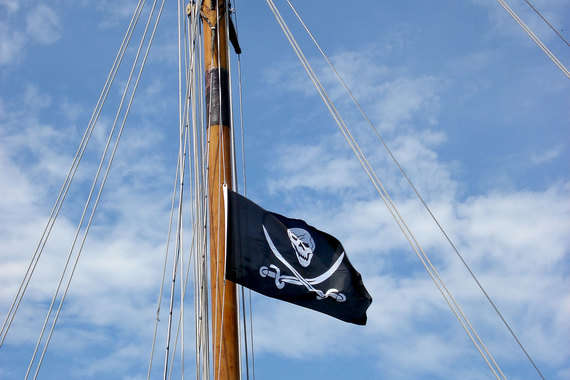Ministry of Communications accuses large companies in advertising on pirated sites

Photo: freeimages
A month later, the Ministry of Communications and Mass Media plans to publish a list of advertisers who place their ads on Russian-language pirate websites. Among such companies, according to the Department, there are Ford, Nissan, Volvo, Mazda, Toyota, Microsoft, Gillette (owned by Procter & Gamble), according to Vedomosti. “We want to publicly name companies that actually help pirates. There are many brands among them that are proud of their reputation. To combat piracy, you can use traditional methods, but you can use non-traditional ones, ”said Deputy Minister of Communications Alexei Volin at the Kinoexpo conference.
According to the Internet Video Association, the advertising revenues of pirated websites in the Russian-language segment of Runet for the last year amounted to $ 60-70 million. Another agency reports slightly lower amounts - $ 23.6 million.
Some companies that the Ministry of Communications accuses of illegal advertising, deny their guilt. For example, representatives of Toyota Motor reported that the purchase of advertising goes only through authorized sellers, which Dentsu Smart media agency is working with.
')
“Any site dealing with the distribution of pirated products should be prosecuted and blocked by the Russian executive. Nissan is not categorically placed on sites on the blocked list, ”a Nissan representative said. Nor does Volvo Car Russia advertise their ads on prohibited sites. However, such advertising can appear on pirate sites, since the cars are advertised not only by the company itself, but also by its dealers, which are independent legal entities.
A representative of one of these companies also argues that in Russia there is no legislative definition of the term “pirate site”. At the same time, there are no recommendations by the Ministry of Communications on the said issue. The official of another department, the Federal Antimonopoly Service (FAS), believes that if the site is not blocked, then there can be no claims against the advertiser.
The senior lawyer of the Goltsblat BLP dispute resolution practice, Evgeny Oreshkin, argues that the Ministry of Communications can only make recommendations, but it is impossible to hold advertisers accountable - now there are no real legal grounds for engaging.
Source: https://habr.com/ru/post/294984/
All Articles